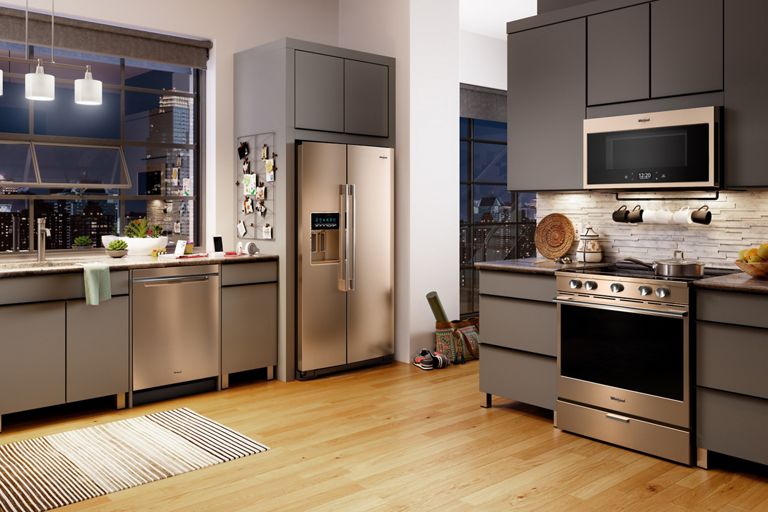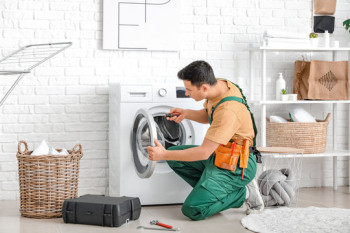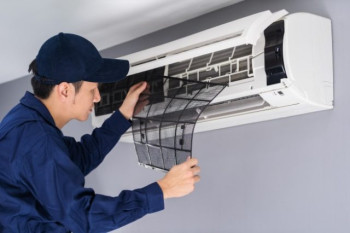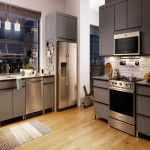How to Take Care of Kitchen Appliances
Proper care and maintenance of kitchen appliances can extend their lifespan, ensure they operate efficiently, and keep your kitchen running smoothly. Here are detailed tips on how to take care of common kitchen appliances:
1. Refrigerator:
Regular Cleaning: Clean the interior regularly with a mild detergent and water. Wipe down shelves, drawers, and seals.
Check Seals: Ensure the door seals (gaskets) are clean and free from debris. Replace if they are cracked or not sealing properly.
Temperature Setting: Keep the refrigerator at 37-40°F (3-4°C) and the freezer at 0°F (-18°C) for optimal performance.
Condenser Coils: Vacuum the condenser coils every six months to remove dust and debris, which can cause the refrigerator to overheat.
Food Storage: Keep food covered to prevent odors and keep the refrigerator organized to ensure proper air circulation.
2. Oven and Stove:
Regular Cleaning: Wipe spills immediately to prevent them from hardening. Use appropriate oven cleaners and avoid abrasive materials that can damage the surface.
Self-Cleaning Feature: Use the self-cleaning feature if available, but follow the manufacturer's instructions carefully.
Burner Maintenance: For gas stoves, clean burners and ensure they are not clogged. For electric stoves, inspect and clean the coils regularly.
Check Gaskets: Ensure the oven door seals are intact to maintain the correct temperature inside.
3. Microwave:
Clean Regularly: Wipe the interior and exterior with a damp cloth. Use a microwave-safe bowl with water and lemon slices to steam-clean the interior.
Avoid Metal: Never place metal objects inside the microwave to prevent sparks and damage.
Check Turntable: Ensure the turntable is functioning correctly and clean it regularly.
Vent Maintenance: Clean the microwave vent and replace the charcoal filter if your model has one.
4. Dishwasher:
Loading Properly: Load dishes correctly to ensure water can reach all surfaces. Avoid overloading.
Use the Right Detergent: Use dishwasher-specific detergent and avoid regular dish soap to prevent excessive suds.
Clean Filters: Remove and clean the filters regularly to prevent clogs and odors.
Check Spray Arms: Ensure spray arms are not clogged and can rotate freely.
Run Hot Water: Run hot water in your sink before starting the dishwasher to ensure the initial fill is hot.
5. Coffee Maker:
Regular Descaling: Descale your coffee maker monthly using a mixture of water and vinegar to remove mineral buildup.
Clean After Each Use: Rinse and clean the carafe and filter basket after each use.
Replace Filters: Replace water filters as recommended by the manufacturer.
6. Blender:
Immediate Cleaning: Clean the blender immediately after use to prevent food from drying on the blades and container.
Disassemble for Cleaning: Take apart the blades, gasket, and container for thorough cleaning.
Check for Leaks: Inspect the gasket regularly and replace if it shows signs of wear.
7. Toaster:
Remove Crumbs: Empty the crumb tray regularly to prevent buildup and potential fire hazards.
Clean Exterior: Wipe the exterior with a damp cloth and avoid using abrasive cleaners.
Inspect Cord: Check the power cord for any signs of wear or damage.
8. Food Processor:
Clean Thoroughly: Disassemble and clean all parts after each use. Ensure the blades are clean and dry to prevent rusting.
Avoid Overloading: Do not overfill the processor to prevent motor strain and ensure even processing.
Store Safely: Store blades and attachments safely to avoid damage and injury.
General Tips for All Appliances:
Read the Manual: Always refer to the manufacturer’s manual for specific care and maintenance instructions.
Regular Maintenance: Schedule regular maintenance checks to identify and address potential issues early.
Unplug When Not in Use: Unplug small appliances when not in use to save energy and reduce wear.
Handle with Care: Avoid using excessive force with any appliance components, such as doors, knobs, and handles.
By following these maintenance tips, you can keep your kitchen appliances in good working condition, ensuring they operate efficiently and last longer.





